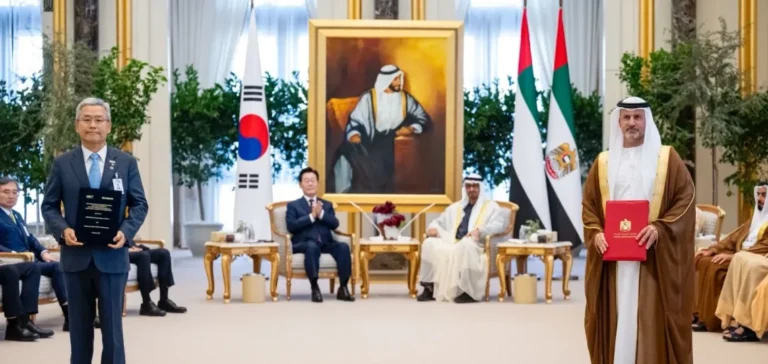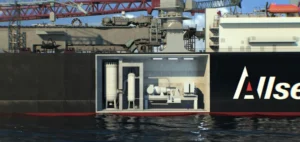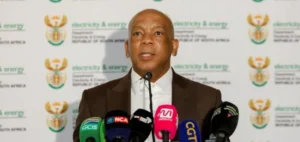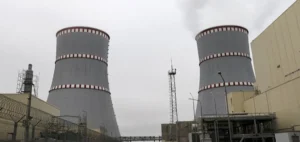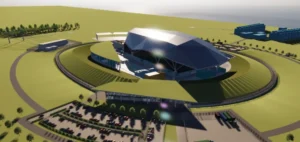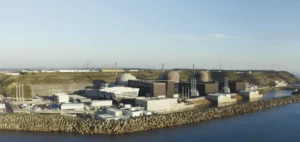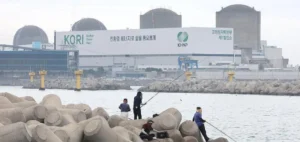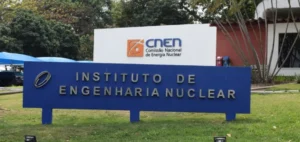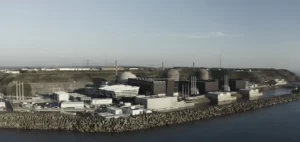Korea Electric Power Corporation (KEPCO) and Emirates Nuclear Energy Company (ENEC) have signed two new cooperation agreements aimed at strengthening their strategic partnership in the nuclear industry. These agreements focus on adopting advanced technologies, deploying artificial intelligence (AI), and accelerating digital transformation in nuclear operations in the United Arab Emirates and beyond.
A partnership rooted in the Barakah model
The signing took place on November 18, during a presidential summit between the United Arab Emirates and South Korea. The first memorandum of understanding, signed by ENEC Managing Director Mohamed Al Hammadi and KEPCO President Dong-Cheol Kim, builds on the Barakah project experience, constructed by a consortium led by KEPCO. The site hosts four APR1400 reactors, with construction beginning in 2012 and units entering operation between 2021 and 2024.
This new agreement expands collaboration to include small modular reactors (SMRs), next-generation reactor systems, fuel cycle management, and nuclear safety research. It also includes joint work on radioactive waste management, a growing area of interest in the sector.
Artificial intelligence and digital transformation
A second memorandum, signed between ENEC Consulting and KEPCO Knowledge Data Network (KDN), focuses on integrating AI-based technologies into nuclear operations in the UAE. This includes predictive maintenance systems, digital twins, and intelligent monitoring solutions designed to enhance plant reliability and efficiency.
A joint innovation lab has been established to support these efforts, while a joint working group will evaluate deployment opportunities for these technologies on a regional scale. ENEC Consulting and KDN also plan to explore the creation of a joint venture dedicated to digital energy services.
Targeting third markets and export competitiveness
One of the strategic components of the agreements involves exporting the Barakah model to third markets. ENEC and KEPCO will seek to replicate their collaboration in other countries, leveraging their shared experience and ability to deliver integrated technological solutions.
The two companies believe this approach could open new opportunities for their respective nuclear industries, amid growing international competition for civil nuclear technology supply. The development of joint international projects is presented as a key growth driver.
An initial $20bn deal was signed in 2009 for the construction of the four Barakah reactors, which now supply nearly 25% of the UAE’s electricity needs.


